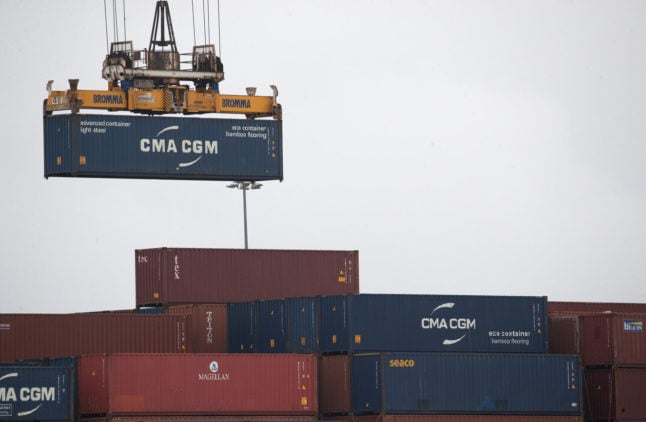The slowdown follows a period of strong growth for the watch industry in recent months, coming after exports rose 10.8 percent in January.
The watch federation said that last month only watches selling at more than 3,000 francs saw increases in orders.
Sales to Hong Kong and China fell sharply from the previous year.
The United States slowed slightly but continued to grow.
The situation continued to be favorable for most markets in Europe, apart from France which was down by 11.7 percent.
Exports for the first two months of the year stood at 3.09 billion francs ($3.27 billion), up from the same period in 2012 (2.97 billion francs).



 Please whitelist us to continue reading.
Please whitelist us to continue reading.
Member comments